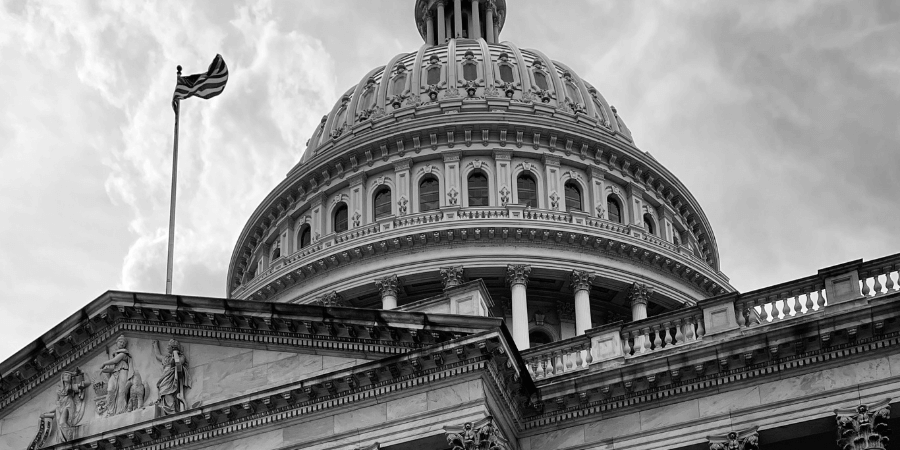SBIR/STTR Reauthorization Update: Legislative Efforts Intensify as Program Deadline Approaches

As the September 30, 2025 sunset date looms for the Small Business Innovation Research (SBIR) and Small Business Technology Transfer (STTR) programs, legislative efforts to reauthorize these cornerstone federal R&D initiatives are gaining momentum on Capitol Hill. The programs, which have driven billions in innovation funding to small high-tech firms for over four decades, face expiration unless Congress acts in the coming months.
The legislative landscape for reauthorizing SBIR/STTR is becoming increasingly crowded, with four key proposals now in play:
- HR 4777: Introduced by House Small Business Committee Chairman Roger Williams (R-TX), this bill represents the majority party's vision for reauthorization. Williams' bill focuses on maintaining the integrity and oversight of the programs, with potential provisions aimed at increasing commercialization success and reducing the potential for foreign exploitation.
- HR 3169 and S. 1573: A bipartisan, bicameral proposal jointly introduced by House Ranking Member Nydia Velázquez (D-NY) and Senator Edward Markey (D-MA). These companion bills emphasize maintaining broad eligibility for small firms, expanding access for underserved communities, and bolstering transparency in award processes. This pairing underscores a collaborative approach between House and Senate Democrats to preserve and strengthen the programs.
- S. 853 – The INNOVATE Act: Championed by Senate Small Business and Entrepreneurship Committee Chair Joni Ernst (R-IA), the “Investing in New Ventures and Outstanding Technologies for Entrepreneurs” (INNOVATE) Act reflects Republican priorities, potentially streamlining administrative requirements and increasing private-sector participation. Importantly, Chair Ernst has signaled that she may seek to attach the reauthorization language to the FY26 National Defense Authorization Act (NDAA)—a critical defense spending package that often becomes a vehicle for time-sensitive bipartisan legislation.
The SBIR and STTR programs are vital for nurturing high-risk, high-reward research and development at America’s most innovative startups and small firms. With more than $4 billion in annual funding across 11 federal agencies, their expiration would disrupt not only early-stage innovation pipelines but also federal research and national security initiatives that depend on small business partnerships.
Despite the bipartisan support for SBIR/STTR's continuation, key policy differences remain among the various proposals. These include:
- Program Integrity and National Security: Concerns about awardees' ties to foreign entities have led to stricter vetting proposals, which could impact participation.
- Commercialization Metrics: Debates persist over how best to measure the success of awardees and whether to impose additional phase-transition requirements.
- Equity and Inclusion: Some bills emphasize expanding outreach to underrepresented entrepreneurs and regions, while others focus more narrowly on program efficiency.
With fewer than 70 days remaining before the statutory expiration, urgency is growing. Attaching the SBIR/STTR reauthorization language to the NDAA may represent the most pragmatic legislative path forward, as it could bypass the gridlock that often stalls standalone bills.
Still, the reauthorization effort must overcome procedural hurdles and potential partisan disagreements. MichBio, along with its national partners BIO and AdvaMed, as well as innovation ecosystems across the country, are watching closely—and mobilizing—to ensure continuity of the programs. We are reaching out to the Michigan delegation on the urgency to renew the SBIR/STTR program.


